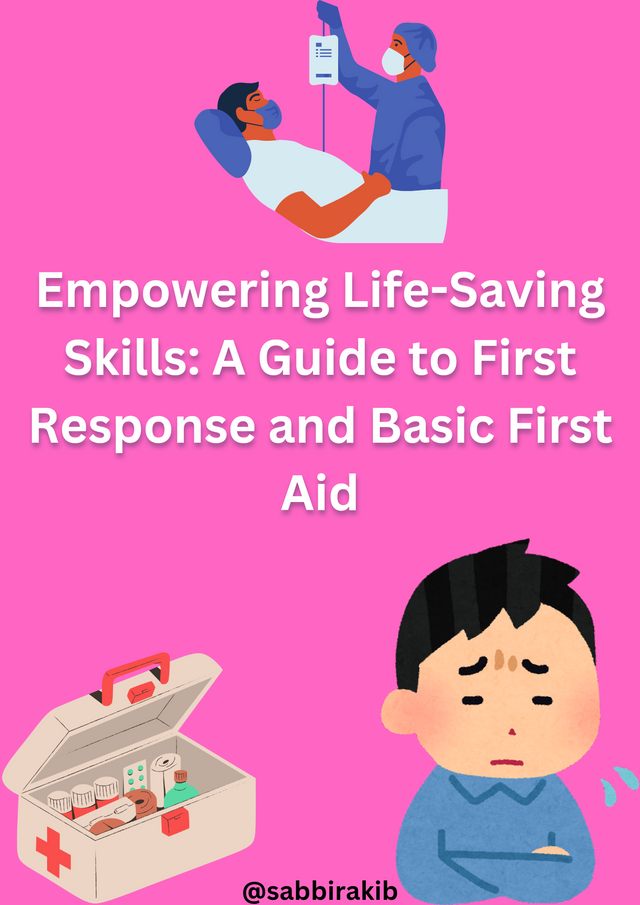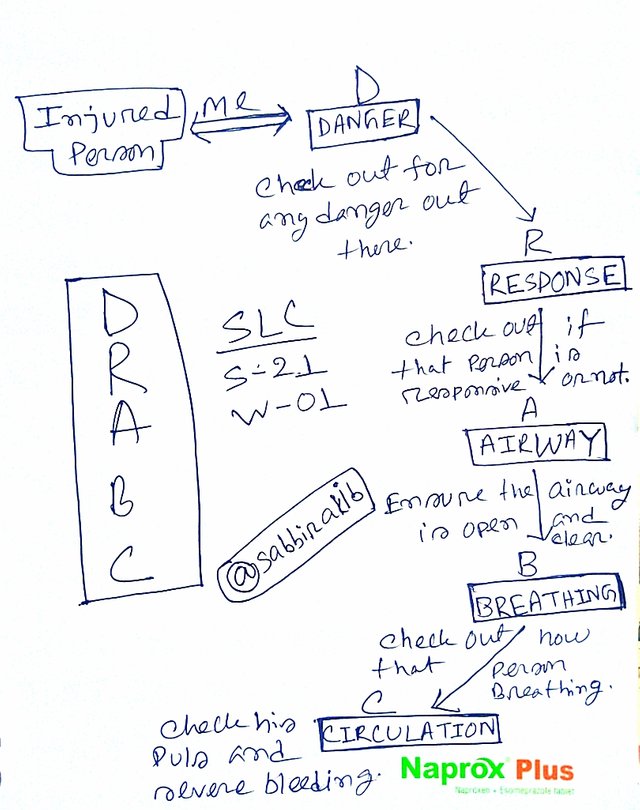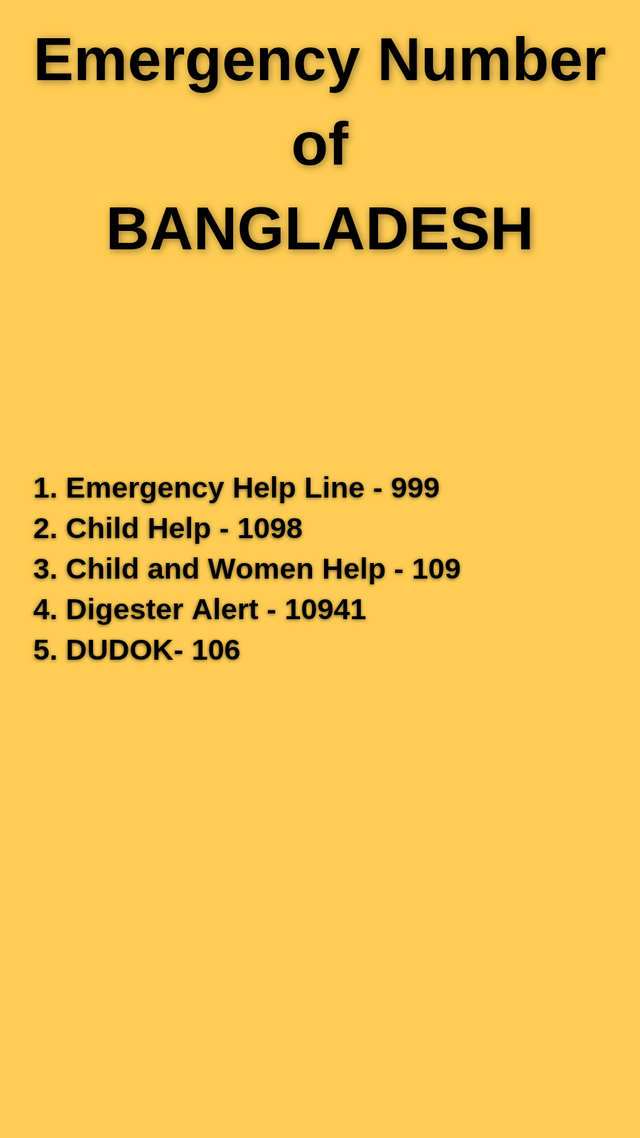Greetings. How are you all? I hope you are doing well. With this post, I am submitting the Empowering Life-Saving Skills: A Guide to First Response and Basic First Aid S21/W1 homework. Probably, I am the last one to submit this with a few hours left before the deadline. I was like, let's do this. Better late than never.

| Share your any experience of your life, in which you faced the emergency that could be handled by your own only if you know the basic first response skills. |
|---|
Many years ago, I was in school. A football match was going on in our village. All of a sudden, a player's face hits another player's leg. The impact was so strong that the footballer fainted instantly. Immediately, the game stopped, and everyone stood up. None of us knew what to do. Moments later, a man ran into the field and approached the unconscious player. He examines the player for a while and asks us to bring water. After fetching water, he threw water on the injured footballer's face. The player came to his senses. I don't know what would have happened if that man had not come at that time. We all thanked him. The first task reminded me of the incident. If I had known about first aid then I might have brought the footballer to consciousness earlier.
| Imagine you are walking back home, when you witness a road traffic accident between a car and a motorcycle, and the motorcyclist is lying on the road, not moving. There’s some bleeding from his leg, and he appears to be unconscious. You being the first responder, how will you manage this scenario? |
|---|
When I see a moment like that, I follow the DRABC rules.
D for Danger.
I will look at what the risks are at the beginning. If I see that there is broken glass, arrange to remove it. If any car or any other vehicle is running on the road at that moment, I will request them to move to the alternative road. Reach the injured person as soon as possible.
R for response
Approaching the injured person, I would try to ask him something, some very simple question, such as: 'Can you hear me?' or 'Are you okay?' In the meantime, I will call our country's emergency number 999, or ask anyone nearby to call.
A for Airway
If he responds to my words, I will make sure a free airway to keep him breathing. If not, I'll lift his chin and tilt his head to one side so he can keep breathing even if he's unconscious. I'll try to keep it that way until the skilled people reach there.
B for Breathing
Then I will check if his breathing is okay. That's why I'll look at his chest to see if it's constantly moving. Is the chest heaving? I will observe well whether the breathing is taking properly. CPR will be attempted if necessary. We will learn about this in the next lesson.
C for Circulation
In the last step, I will examine his wounds. I will try to understand how deep it is. I will check his pulse. That's why I will check with my finger on his neck. If his wound bleeds, I will gently dab it with a clean cloth to stop it. I will wait until the professionals arrive.
| Draw or Create an engaging illustration/flowchart of DRABC protocol |
|---|

| Write down the numbers of emergency services of your country/area on a paper |
|---|

| Complete the quiz based on this week's lesson to test your understanding. |
|---|
Submitted.
Just Because there is not enough time, so I don't invite anyone. But I want to inform some folks for future lessons. I would like to mention: @mostofajaman bhai, @djanita, and @fizabatool to perform.
| Note | All photos Edited with Canva. One is my own photos. |
|---|
Student Name: @sabbirakib
Time of checking: Within 24 hours of the homework
Overall Grade: [5.3/10]
Plagiarism Check: Pass
AI Use: No
General Feedback:
Overall, you have a foundational understanding of first response protocols, and you demonstrated effort in following each step. Building on this by enhancing specific actions for each DRABC step and improving the clarity of visual aids will help strengthen your responses. Keep refining your skills, and continue to apply feedback as you progress.
Thank you.
Regards,
@abdu.navi03
Downvoting a post can decrease pending rewards and make it less visible. Common reasons:
Submit
Thank you, Proffer for your review. It’s helped me a lot to understand what I left during my homework. I will keep up the good work in the next lesson.
Downvoting a post can decrease pending rewards and make it less visible. Common reasons:
Submit